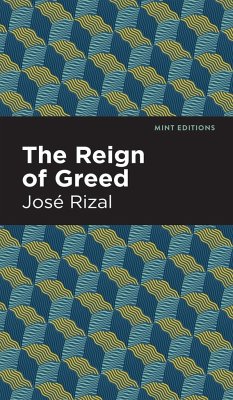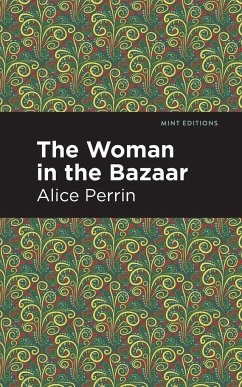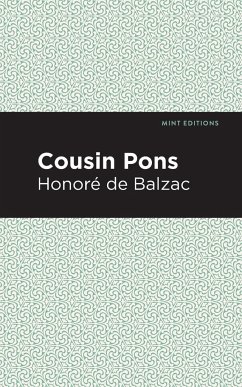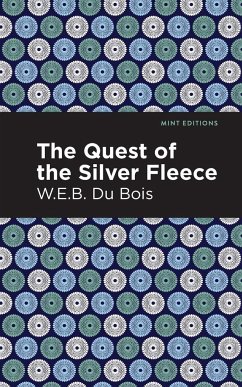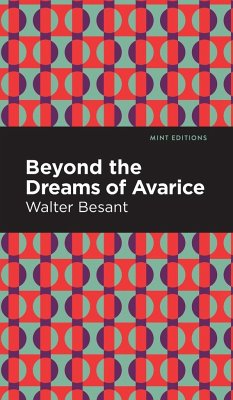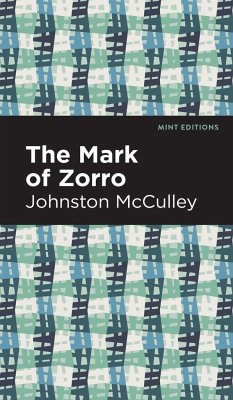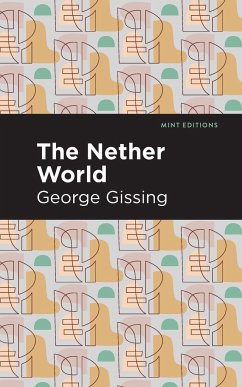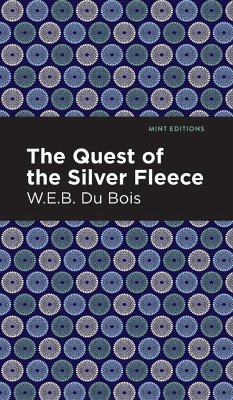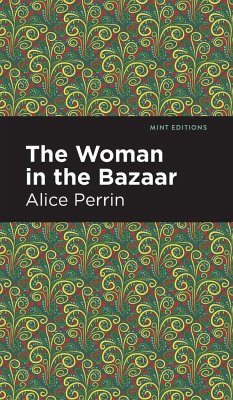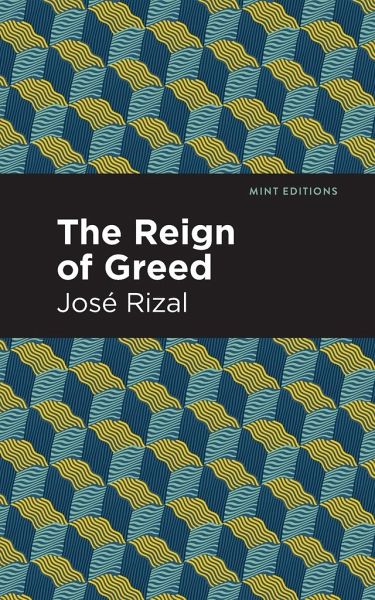
The Reign of Greed
Versandkostenfrei!
Versandfertig in 1-2 Wochen
13,99 €
inkl. MwSt.

PAYBACK Punkte
7 °P sammeln!
The Reign of Greed (1891) is a novel by José Rizal. Published in Belgium, the novel was a sequel to Touch Me Not (1887), both of which were written in Spanish. Blending aspects of his own life story with his critique of Spanish imperialism in the Philippines, Rizal continues the journey of Crisóstomo Ibarra from centrist reformer to revolutionary leader. Banned by Spanish authorities, the novel was smuggled into his home country, where it quickly galvanized Rizal's fellow nationalists in opposition to the Spanish Empire. Despite his attempts to reform the local government of his native San D...
The Reign of Greed (1891) is a novel by José Rizal. Published in Belgium, the novel was a sequel to Touch Me Not (1887), both of which were written in Spanish. Blending aspects of his own life story with his critique of Spanish imperialism in the Philippines, Rizal continues the journey of Crisóstomo Ibarra from centrist reformer to revolutionary leader. Banned by Spanish authorities, the novel was smuggled into his home country, where it quickly galvanized Rizal's fellow nationalists in opposition to the Spanish Empire. Despite his attempts to reform the local government of his native San Diego, Ibarra is placed in prison on false charges of rebellion. Forced to escape or face execution, he chooses the former. When a firefight with authorities leaves his comrade Elias dead, he manages to make his way out of the country. Thirteen years later, by now presumed dead by friends and foes alike, he returns to the Philippines as Simoun, a shadowy jeweler. Moving in secret, he begins spreading his anti-imperial message among the local people while gathering the weapons and supplies he will need to overthrow the government. Before he can carry out his plan, however, he must rescue his love Maria Clara from confinement. Since our inception in 2020, Mint Editions has kept sustainability and innovation at the forefront of our mission. Each and every Mint Edition title gets a fresh, professionally typeset manuscript and a dazzling new cover, all while maintaining the integrity of the original book. With thousands of titles in our collection, we aim to spotlight diverse public domain works to help them find modern audiences. Mint Editions celebrates a breadth of literary works, curated from both canonical and overlooked classics from writers around the globe.



